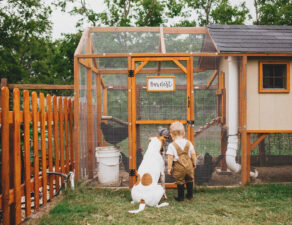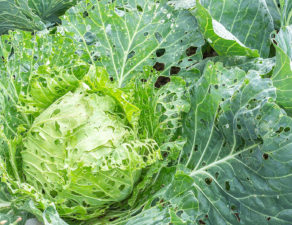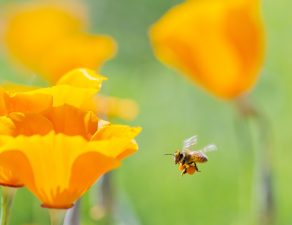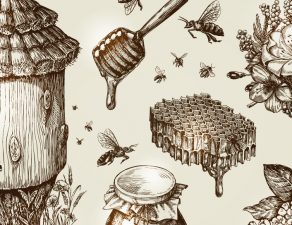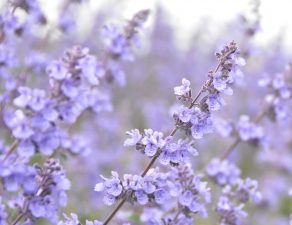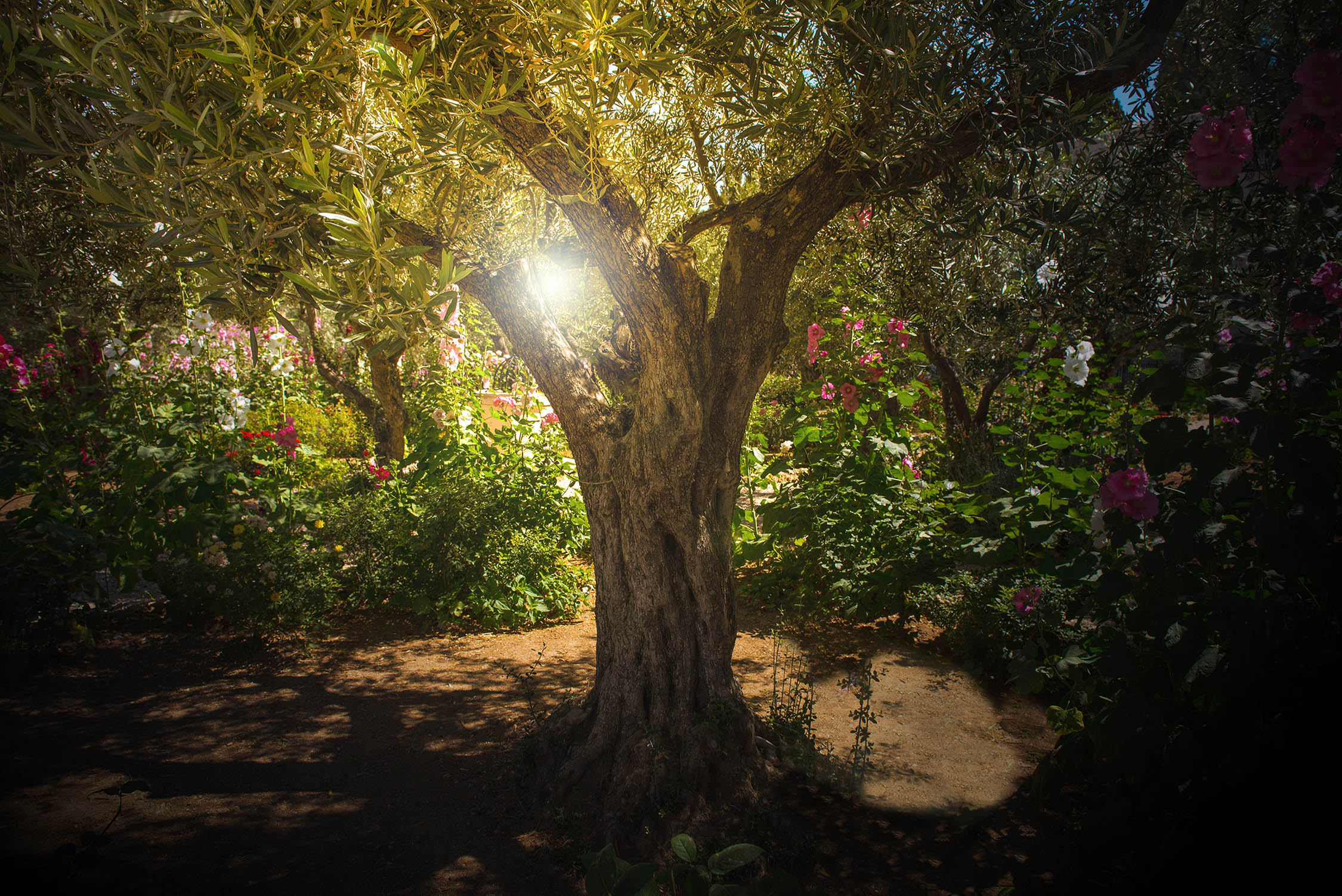
Landscape design often appears to follow modern trends, and we aim to bring you fresh ideas through our blogs. But we definitely never abandon the classics entirely. In fact, many plants used in landscape today go all the way back to ancient times, and are even mentioned in the Bible. Just check out this list on Wikipedia, which indexes all of the trees and other plants referenced in the scripture.
The act of gardening in itself could be considered a religious or spiritual practice. Genesis, the first book of the Bible, chronicles God’s creation of the world and everything in it. After God creates Earth, he entrusts its care to human beings. The purpose of plants is to provide food, materials, and even medicines for our use. In turn, we are charged with providing the water, nutrients, and clean air that plants need to grow.
We need look no further than Moses to find descriptions of nature’s glory: “For the Lord your God is bringing you into a good land—a land with brooks, streams, and deep springs gushing out into the valleys and hills; a land with wheat and barley, vines and fig trees, pomegranates, olive oil and honey.”
If being in nature and cultivating a garden appeals to you on a spiritual level, here are some ways you can incorporate plants that have been mentioned in the Bible.
Medicinal plants. If God intended for us to use herbs to our benefit, then why not plant your own? Sage, aloe, dill, coriander, cinnamon, mint, myrrh, chamomile, and many other healing plants are referenced in the Bible.
Edible plants. Clearly, we have been provided with healthy foods, which allow us to satiate hunger and care for our bodies. Apples, cucumbers, almonds, walnuts, beans, leeks, lentils, onions, grapes and many more earned a mention in the good book.
Symbolic flowers and trees. Perhaps you simply enjoy the powerful symbolism associated with certain plants. Lily of the valley, for example, is associated with purity and happiness. The acacia tree symbolizes resurrection and immortality. The berries of a juniper tree are thought to cleanse us.
Designing a garden around meaningful symbolism might be a fulfilling project for you. If you need help designing a garden that suits both your aesthetic values as well as your space, give us a call and we’ll be happy to help.

